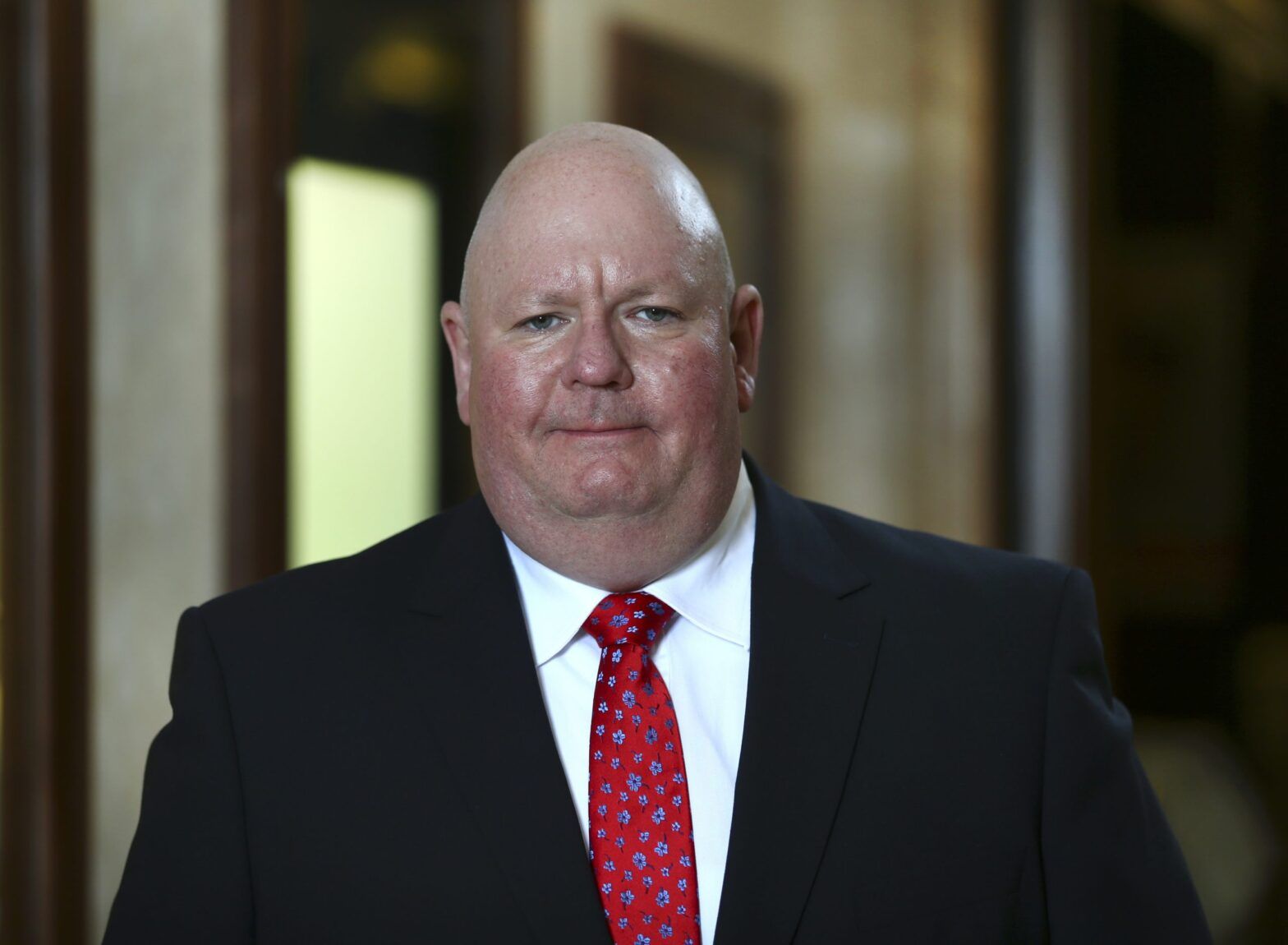A few days ago, I was asked if the Sustainable Finance Disclosure Regulation (SFDR) and the respective definitions and classifications within the EU Taxonomy are the gold standard for sustainable investing that should be used as a blue print for global regulations.
My answer to this question was no. Despite the fact that I think SFDR and the respective reporting duties under the Markets in Financial Instruments Directive II (Mifid II) are a good starting point, I think there are still too many blind spots within the regulations which leave too much room for interpretation and may therefore lead to “greenwashing.”
This is especially true for the definitions for the eligibility of products to be classified as Article 8 funds. Nevertheless, the reporting requirements will help to clarify if a fund will meet the sustainable objectives of the investors. It might had been helpful if the all the regulations were brought in place at the same time, as this would have added much more clarity.
EU regulators will also likely improve the standards and reporting duties of SFDR and Mifid over time as the taxonomy is still not complete as it currently focusses only on E, while the S and the G are still lacking definitions and standards. Regulators in the EU will learn from their own observations, as well as their international peers who are also working on respective regulations and frameworks for their local asset management industries.
That said, the decision by the EU parliament to classify the usage of gas and nuclear power as sustainable bridging technologies shows that there is much room for improvement, as this decision was rather a political compromise to reach the majority needed than an investor-oriented decision.
Even as there were loud protests by investors, the media, and even some EU governments when the draft for this decision was published, there was literally no uproar when the official vote confirmed this controversial legislation today.
Either the opposite was the case, as some asset managers claimed directly after the decision was made by the EU parliament that they won’t add gas and nuclear power to their list of sustainable economic activities. This means asset managers do already react to the customer demand and try to separate themselves from their competition by implementing stricter rules for their portfolios than needed to fulfill the respective regulations.
From my point of view, this is the functioning of competition driving changes within an industry, as a wide regulation leaves the decision of what is considered as sustainable to the asset managers and investors can decide which fund and/or approach suits their needs best.
But investors can only make educated decisions if asset managers present their investment approach in a comparable way.
This means that regulators need to look at the marketing language and align reporting standards around the world. This alignment may take a bit of time, as it does not only concern the financial industry since asset managers will need a high amount of data from the corporations they are investing in and have to calculate ratios and other measures.
Therefore, regulators need to agree on global reporting and data standards to enable asset managers to produce standardised reports, which investors will use to compare one fund with another. The EU taxonomy and SFDR in combination with Mifid might be a good starting point for this, but as said before I am sure that these regulations will see some adoptions from other jurisdictions, as this would help the EU commission to achieve its goals.








